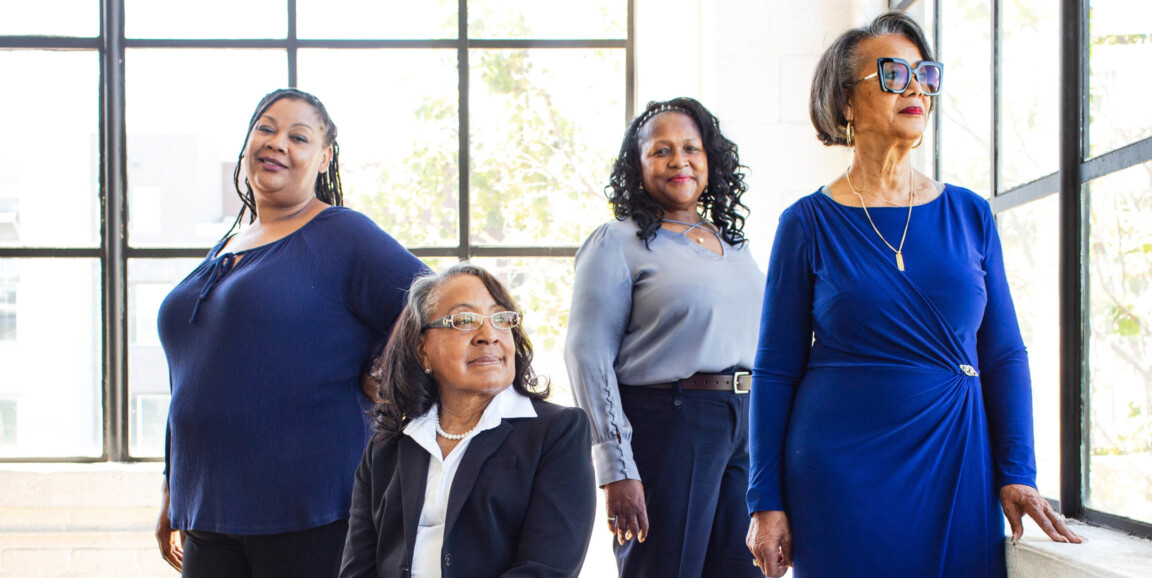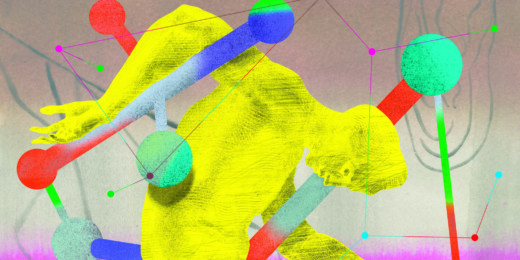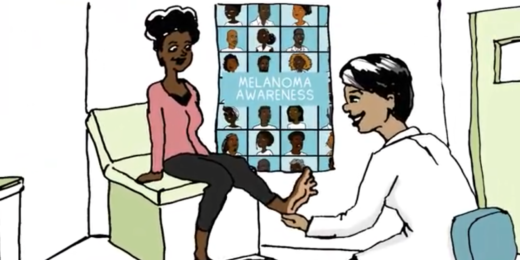When she had breast cancer, Juanita Waugh discovered that there is a lot more to managing the disease than what happens in the doctor's office.
She had to learn how to cope with unexpected side effects, such as the brain fog of chemotherapy, and to confront the constant fear and anxiety of what might come next. And she had to do it largely on her own.
Now she's joined a group of Black women who are creating a peer navigation program to help newly diagnosed breast cancer patients find a better quality of life and, potentially, a better outcome.
"The idea of a peer navigator is that you would have someone who is positioned to take you through all the different pathways of the disease, be it a medical pathway, educational pathway or alternative pathway, such as holistic interventions," said Starla Gay of Oakland, California, a co-leader of the project, featured in the latest issue of Stanford Medicine magazine.
"If we can catch women at the point when they've been diagnosed and enroll them in a peer navigation program, that will improve their health overall and may decrease the likelihood of poor outcomes," Gay told me.
Black women are diagnosed with breast cancer at the same rate as white women, but they are 40% more likely to die of the disease, according to the American Cancer Society. There are many complex factors behind the numbers, including inequities in health access and social factors, but these are not well-understood, said Lisa Goldman Rosas, PhD, a Stanford Medicine epidemiologist who is leading a project called Black Ladies Advocating for Cancer Care (BLACC). The project is led by a steering committee of six Black women who are all breast cancer survivors or have family members who are survivors.
"I strongly feel that community-based organizations hold the solutions and answers to their problems, rather than Stanford telling them, 'This is what you should do,'" Rosas told me.
Shared experience
To design the program, the researchers interviewed 16 cancer survivors in Alameda County, which has a large Black population, to better understand their needs. Interviews weren't conducted by asking specifics questions of everyone, but by asking each of them to share their own stories, histories and experiences.
The researchers are analyzing the results and hope to use them to develop a community-based pilot project in the county, which would pair patients with a peer navigator who will provide support and connect them to local resources. Waugh said she believes the program can make a difference in the lives of newly diagnosed women as they will have someone by their side who is empathetic and understands, first-hand, the challenges they might face.
"Unless you've walked that (cancer) journey, you don't know what somebody else is going through," she said. "And when you share your experience, it makes that person's journey a bit lighter."
Photo by Timothy Archibald
Top photo: Starla Gay, Juanita Waugh, Lenora Williams-Omenka and Chiquita Tuttle (from left to right) are among a cadre of women working to help create a peer navigation program for Black women who have breast cancer.






